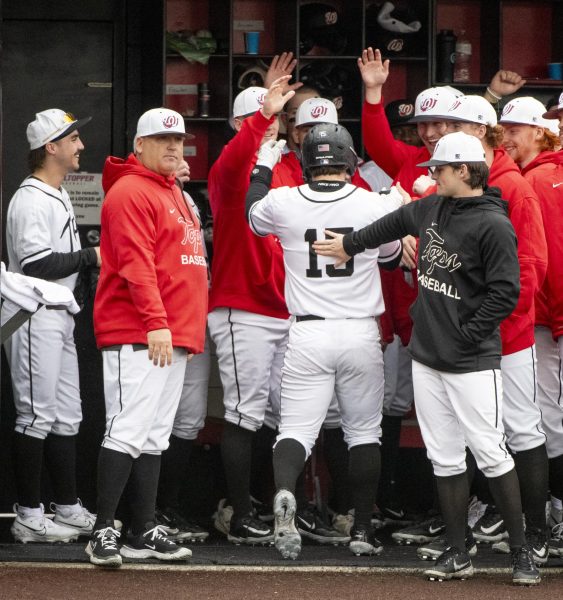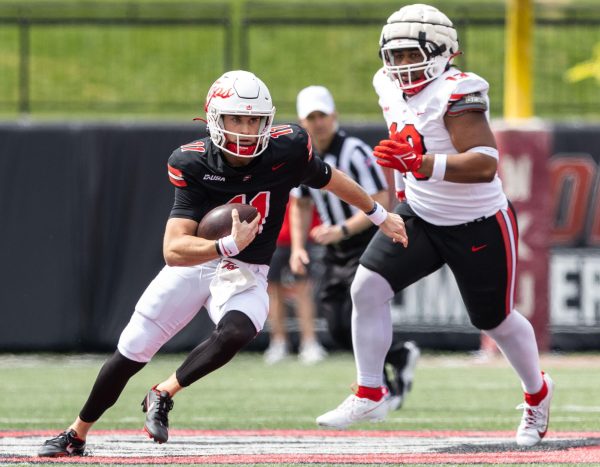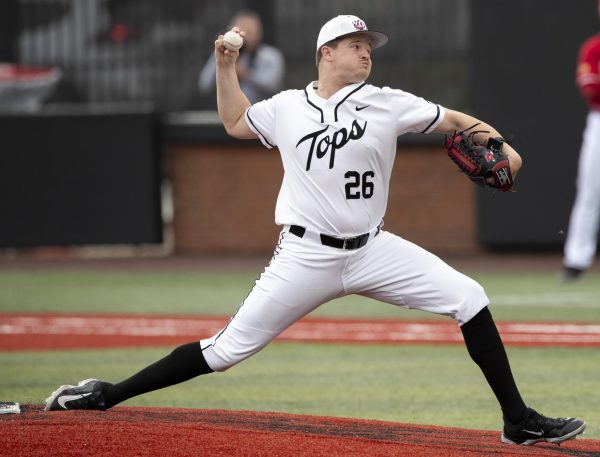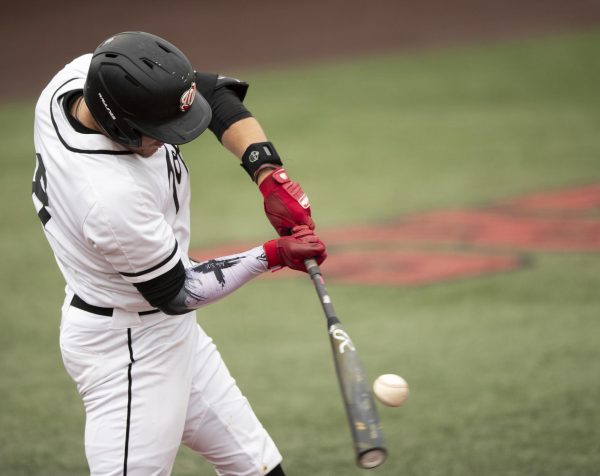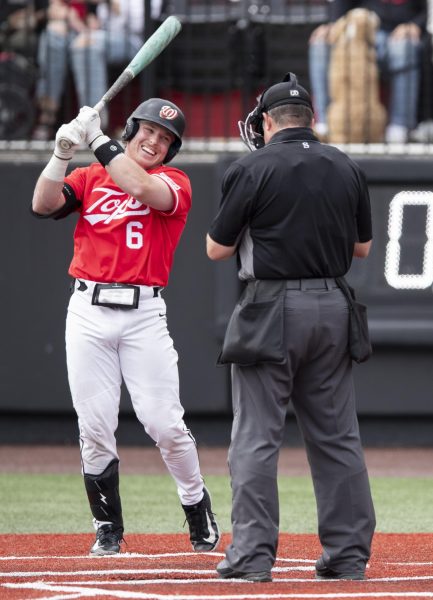The Walkthrough: questions loom after incident at Pike House
April 12, 2017
It’s been over a month since members of the WKU football team were involved in a fight at the Pi Kappa Alpha fraternity house on a late Sunday night in early March.
According to the police report, a member of the football team told police he had come to the Pike house with at least two other team members because members of the fraternity allegedly assaulted some players on a previous night.
A member who spoke to the responding officer had his name redacted from the report, and said he wasn’t involved in the fight. But upon looking at the report, what all members of the football team had in common was not surprising, but instead disappointing: all of their names had been redacted from the police report.
The Herald requested a report of all documents and evidence related to the case on April 1 and received the same redacted report in return three days later.
The victim, on the other hand, was fully identified with his address listed in bold print below his name on the report.
All things considered, this is a multi-layered issue that will likely cause several stones to remain unturned.
At a press conference previewing the football team’s spring practice on March 21, head coach Mike Sanford was asked about the incident and said the issue would be handled internally, which essentially signaled that another case of a public incident involving athletes was going to quickly slip away from the public’s minds on its way to becoming a forgotten memory.
To this point, no arrests have been made, and the incident has lost the initial coverage it originally received from national outlets TMZ and Bleacher Report.
In the weeks following the original report, comments from authorities and officials have been limited with the latest update coming from Bowling Green police officer Ronnie Ward who said that the police were waiting on the Commonwealth Attorney to decide on any further indictments.
There was no explanation as to why the members identified as WKU football players had their names redacted in the report. At the time of publication, Ward had yet to respond to offer any explanation as to why the names were redacted.
And while the reasons why the names were redacted remains unclear, there are also no immediate defenses to be considered. No player on WKU’s active roster would be classified as a minor, and student privacy law (Family Educational Rights and Privacy Act) does not apply in this situation. The incident occurred off campus and does not pertain to any educational records.
But even though the players are not under any obligation to be protected, why then, was the victim’s name and address left visible for any curious member of the public to see?
These questions and apparent holes in the narrative can lead one to wonder if the situation would’ve been handled similarly had the roles of fraternity alumnus vs football players been reversed.
Oftentimes, when situations are handled internally amongst an athletic team, the public is left in the dark trying to shine a light onto any information possible. With the way things are situated now, there’s no reason to believe this one will be any different.
Sports Editor Evan Heichelbech can be reached at 502-415-1817 and [email protected]. Follow him on Twitter at @evanheich.
















